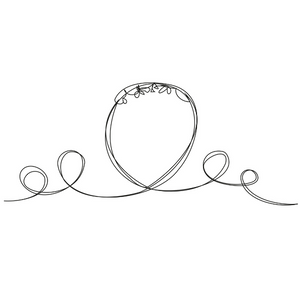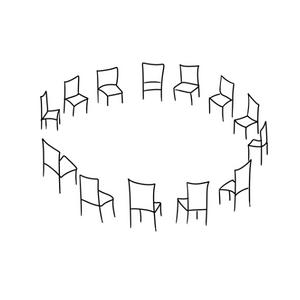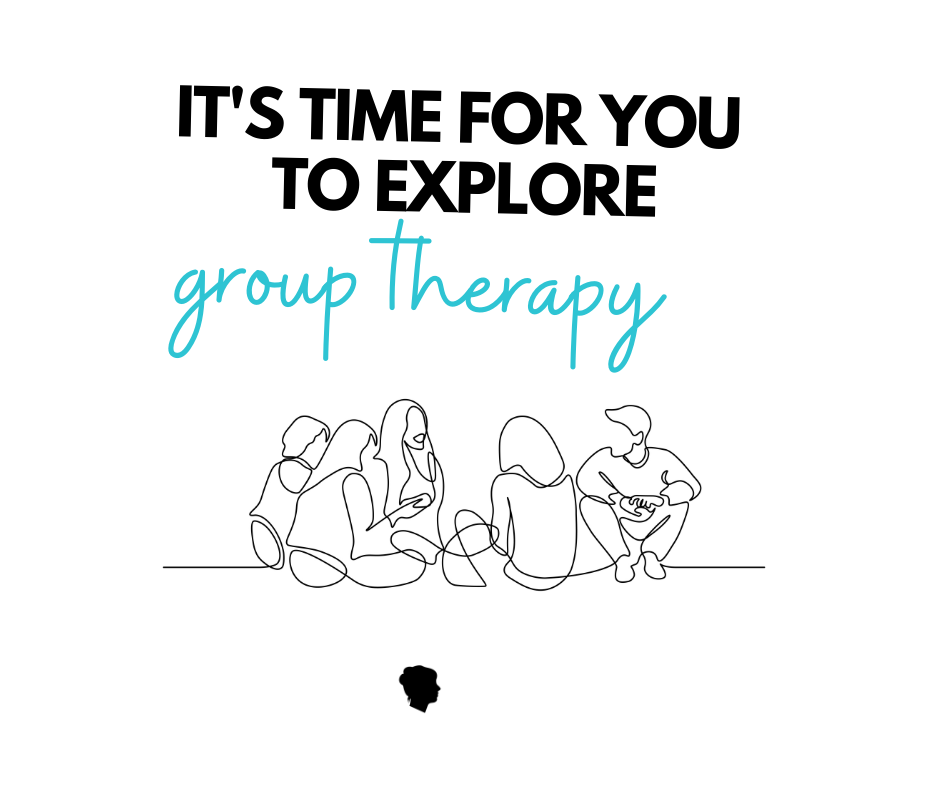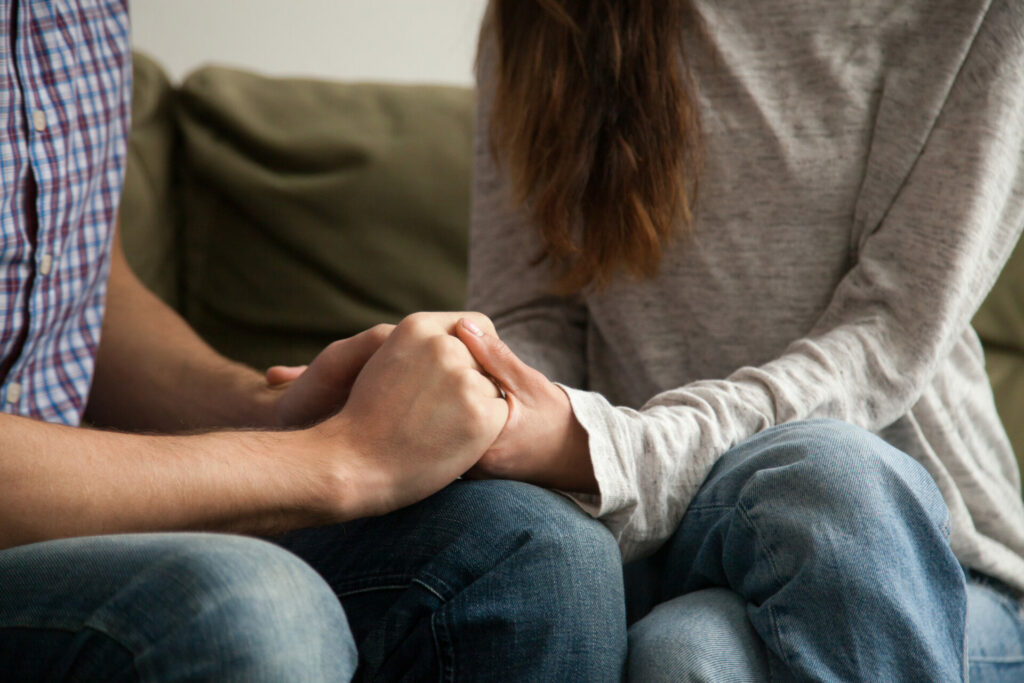If you are grieving, maybe you have considered some form of therapy to process your feelings, get some mental and emotional relief and start your healing process.
Maybe someone you know recommended that group therapy would be a great way for you to start gaining some healing tools.
Grief Groups Aren’t For Everyone
If you are a brand new griever, you are probably still very wobbly and haven’t regained your footing yet. I recommend that you wait until at least two months after the death before joining any kind of group therapy because of this ‘wobbly’ thing that happens. Some of the shock still has to wear off and when it does wear off, it’s important for you to be in the safest and most supportive environment possible. Sometimes groups might not be the right place for you to express your raw emotions. You may feel more inhibited crying or expressing anger or guilt in front of a group.
Grief is an emotional rollercoaster


Everyone grieves in their own unique way. However, at the beginning of grief, you are an emotional ball of energy and it’s important that the emotions that come up are able to be contained within the therapy session.
Whether it’s anger, sadness, fear, loneliness, anxiety, guilt, or even relief, you have to feel safe enough to be able to express your emotions to move through grief.
Consequently, when in a group setting, a new griever has to be ready to hear other grievers’ stories. A good therapist will assess if a griever is ready to join a grief group or if individual bereavement therapy is best for them at that point in time.
But what if you think you’re ready for a group or your therapist recommends that a grief group would be a good next step for you, but you don’t know where to start?
Understanding the Different Types of Groups
The first kind of group therapy is psycho-educational. In this kind of group, a trained professional will teach you all about grief and what to expect when you’re grieving.
Topics that are touched upon are different emotional states of grief; physical changes during grief; shift in family dynamics and roles in relationships and much more.
The second type of grief group is a process group. In this type of group therapy, group members meet for the common purpose of learning more about who they are and to gain new awareness about themselves while they are grieving.
In a process group, members offer each other feedback and the group begins to take on a life of its own. The facilitator is on the fringe of the group to ensure safety and keep the group on track.
The last type of group is a grief support group. This is where you can get support from your peers who are also grieving. There is no facilitator or trained professional heading up a support group. However, it’s most often started or run by someone who has been working through their own grief for a longer period of time.
In my humble opinion, a really great grief group is a group that has all of these elements- psycho education, processing, and peer support.
Open Groups VS Closed Groups


Once you figure out what kind of group you believe will be the best fit for what you need, you have to decide on whether you will join an open group or a closed group.
An open group is open for anyone to join at any point in time. It’s an open ended group, facilitated by a trained professional, there is no real end and the group just continues to cycle over and over as new members join and other members move on.
One of the great benefits of an open group is that the group members are all at different stages of grief. So a person who is newly bereaved has some hope when listening to another group member who has been grieving for years and seems to have their emotional shit together, so-to-speak.
Conversely, someone who is years out from their loss may see a new griever entering the group, and they can see how much grief work that they have done and how far they have come in their process.
The opposite of an open group is a….wait for it… you guessed it: a closed group.
A closed group has a definite start and a definite end.
A closed group usually meets once a week for a specific span of time, is led by a trained professional and has the same group members in the group from start to finish.
This type of group requires more of a commitment than an open group because more often than not, each session builds upon the last. So it’s important to be able to attend all the group sessions.
Closed groups are my favorite to run because all of the group members are working on the same process at the same time and even though all the group members have their own unique story that they bring to the table, they can connect to each other through the topic being processed.
I mostly run closed grief groups that are anywhere from 6 to 10 weeks long.
Why You Should Join A Group
When you are grieving, it can be a very lonely road.
You will, at times, feel misunderstood or forgotten about.
Grief can be a scary thing to the humans that aren’t grieving and sometimes you don’t want to feel like a buzzkill and just start talking about your grief out of nowhere while with your co-workers at lunch. That would be weird. Especially if your lunch buddies have never experienced a significant loss.
A grief group will give you the support you need from people who know what you’re going through. It will also give you that space and time for you to just let it all out and process your grief so you can get through to the other side.
You can leave it all out on the group floor so you can continue on in your day-to-day life outside of the group.
Gaining The Right Tools To Cope With Grief
Another reason to join a grief group (or seek individual grief therapy) is to gain tools.
Grief is such a weird thing. Every living, breathing human on this earth, will eventually lose someone that they love.
Loss is the great equalizer.
However, we don’t go to grief school. There aren’t any grief classes that we take to prepare ourselves for what we are in store for when someone we love dies.
This is partly because humans are scared of dying and partly because everyone’s experience is uniquely their own. We are scared of death and so we don’t talk about it. We just leave it alone, over there, in that dark corner of the room.
Nobody actually tells us what happens when we are grieving. No one tells us how to grieve. So it’s such a powerful thing when you can gain tools to learn how to cope with your loss when you engage in individual or group therapy for grief.
Finally, the last reason to join a grief group is to become clear and be able to express and reflect on your feelings and thoughts related to your loss.
If you feel overwhelmed with grief and you would like to start healing your wounds through therapy, let’s connect. If you are ready to make a change in your life, I can help.
I offer in person and virtual therapy sessions- let’s do what’s best for you. If you are interested in speaking to me to see if we would be a good fit, please reach out. contact me to schedule a complementary 15 minute phone consultation. I look forward to hearing from you.




